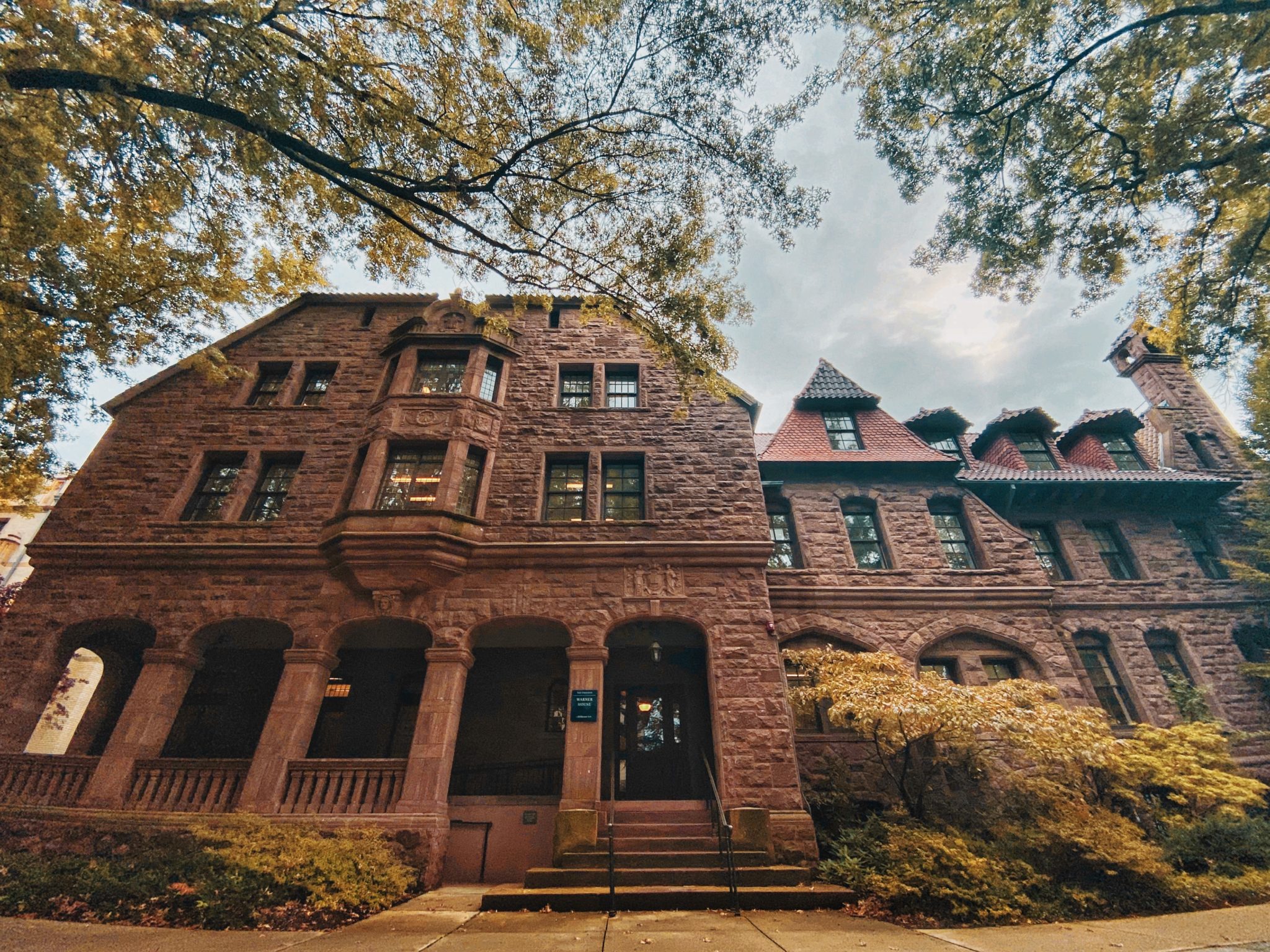
Vaibhav Sharma
Starting this fall, graduate and professional students will only qualify to receive supplemental conference travel funds once every semester, following the Graduate Student Assembly’s decision to alter eligibility guidelines for the grant provided by the Graduate School Dean’s Office.
GSAS provides the funds to help grad students finance travel when departmental stipends do not cover the cost of attending a conference. GSA leadership decided to limit the funding to ensure that more grad students have the chance to promote their research and make connections in their respective fields. Graduate students in the humanities and social sciences usually face more difficulties obtaining funding for academic conferences, according to the Director of the GSA Conference Travel Fund Jo Machesky GRD ’24. She added that not all departments have the same amount of funding for conference travel, forcing some graduate students to finance their trips out of pocket. The CTF provides graduate students who have reached PhD candidacy status up to $750 of funding, while those who are not yet candidates can receive up to $500. But Machesky said graduate students who apply for supplemental funding multiple times per year preclude others from receiving a slice of the $125,000 that the GSAS Dean’s Office allots to the CTF budget each year.
“Conferences are super important for grad students, for people to get to know who they are, the publicity of their research and its potential impact,” Machesky said.
Machesky added that the change was made because the GSA exceeded last year’s CTF budget by the same amount of funds that went to students who received second grants.
According to Machesky, during the 2017-18 fiscal year, the amount of supplemental conference funding made available by the Dean’s Office doubled. At around the same time, the MacMillan Center launched the International Conference Travel Grant. This program serves the same purpose as the CTF but is exclusively available to graduate students whose work focuses on international subjects. Machesky said that MacMillian will still allow for students to apply for more than one travel grant per year under their program, as fewer students are eligible for that grant.
If a graduate student who is eligible for the MacMillan funding applies for a CTF grant, their application will be forwarded to MacMillan in order to preserve funding for the rest of the grad students. GSA leadership announced this change in a GSAS-wide email in August. Machesky and last year’s CTF Director Conor Williams GRD ’22 referenced previous difficulties with the conference application process as a reason for the administrative change. They said that the CTF directors arrived at the new policy “in order to maximize timely yet equitable decision-making.”
In an email to the News, GSA President Lucylle Armentano GRD ’21 said the assembly lacks the resources to support all students.
“So our hope with limiting the awards to one per year is that more students with a need for these funds to attend the conference (students who have no other means of funding this attendance) can present their work,” Armentano said.
The 2019-20 fiscal year ends on June 30, 2020.
John Besche | john.besche@yale.edu







